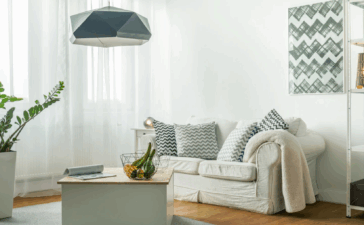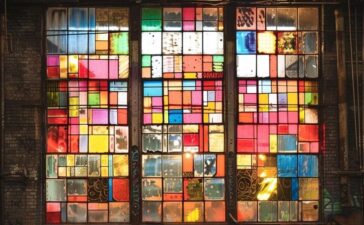Is an Accessory Dwelling Unit a Good Investment?
With housing costs on the rise and homes becoming multi-generational, expanding with an accessory dwelling unit may just be a great investment.
Have you heard of the silver tsunami?
It’s a phrase that describes how the baby boomers, people born 1946 and 1964, are all rapidly reaching the age of 65 and older. Baby boomers are the largest generation in the U.S. Because this wave of people reaching 65 years or older is so large, there will be more seniors than there will be children by 2030, according to the U.S. Census Bureau. Mother-in-law units or things like the more trendy granny pods were a way to help keep an eye on aging parents. These are examples of an accessory dwelling unit. The aging of the nation and the explosion of the sharing economy suggests there is a growing need for these kinds of spaces. But what good are they to property owners? Are they a good investment?
Here’s what you ought to know.
What Are Your Goals?
Having an accessory dwelling unit will mean different things to different people. Thinking from a personal point of view: do you need a space for grandma to live? Do you entertain often enough to dedicate an entire living unit to visitors? From an investment standpoint: are you looking for a way to maximize the revenue generated by a property? Do you have a space in or on a property that isn’t being used well such as a property with a large lot or a rarely used basement? If you answer yes to any of these, an accessory dwelling unit could be in your future.
Why Would I Want One?
The reason they are desireable is simple; it’s another living option where someone can be near another home. This is big for renters and landlords alike trying to beat the crazy growth of rent prices in the U.S.
For example, rent in Long Beach, Sacramento, and Anaheim, Calif. have seen the nearly double rate of rent increase growth since 2014 than the national average. Stanley Acton from ActonADU.com says that with the rising price of rent in California, an ADU is a wise investment and makes for an affordable starter home.
Words of Caution
City building codes vary widely on ADUs. Often, cities will vigorously question or forbid completely adding a new dwelling to an existing building. And the process of getting permission from the government to change property is often complicated and expensive. Further, a genuine accessory dwelling unit has all of the amenities of an apartment in one space, not shared with the rest of the property. This often means working out some kind of financing to make changes to a property.
All people need a place to live. And many people who rent or own property will have aging friends and family members that need a simple, affordable place to live. Accessory dwelling units present a solution to many parties. What do you think? Do you want to refurb that basement to and a mother-in-law suite? Let us know what you think and share this on Facebook to get the conversation started.






